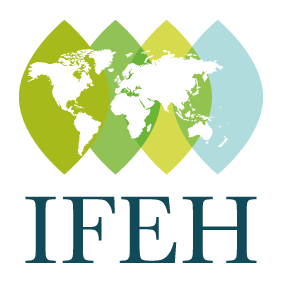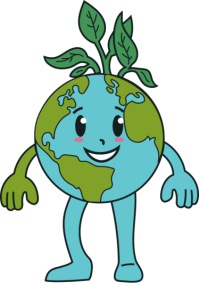THE COVID-19 PANDEMIC: OPPORTUNITIES FOR ENVIRONMENTAL HEALTH RESEARCH AND COLLABORATION
Abstract
Background: The COVID-19 pandemic brought with it a number of opportunities for research in environmental health in our lab. We developed mask testing and materials testing rigs to test newly manufactured PPE. We also established a global group to look for SARS-CoV-2 in seawater, and were part of a national wastewater epidemiology project, also looking for SARS-CoV-2 in waster.
Aim: To describe a number of opportunities in environmental health research and collaboration and how we can exploit difficult situations to come together to protect public health.
Methods and Results: The mask testing facility was established to assess the bacterial filtration efficiency (BFE) of masks which we did for both commercial masks and also for masks for sale on Etsi®. The materials testing rig was built to assess whether surgical gowns were able to withstand the penetration of viruses. The seawater spray project was a collaboration between Australia, Portugal and the United States, and was initiated to determine whether there was a risk for transfer COVID-19 transfer between bathers at the beach, and then broadened to include other human pathogens. The wastewater project was part of a national effort to establish a wastewater survey to provide early warning of SARS-CoV-2 infections.
We were also able to establish and maintain an “Environmental Health around the world” academic community of practice, that now meets fortnightly. This group meets to discuss the pandemic, teaching and learning issues, and to write commentary as the pandemic unfolds and the world recovers.
Conclusion(s): The COVID-19 pandemic brought with it a number of opportunities for research and collaboration in environmental health across the world. These opportunities have evolved into lasting collaborations.
Presenter e-mail: kirstin.ross@flinders.edu.au


